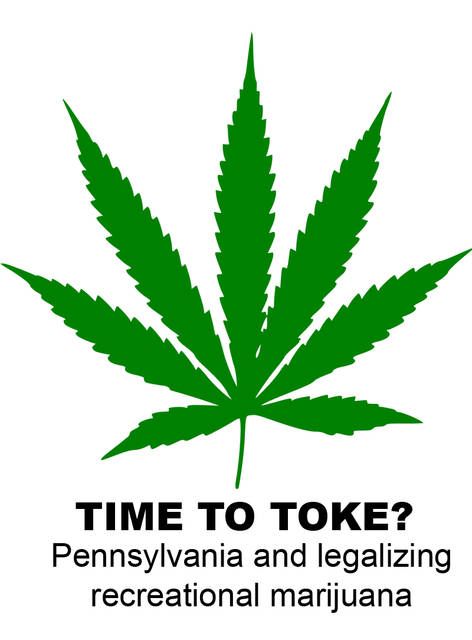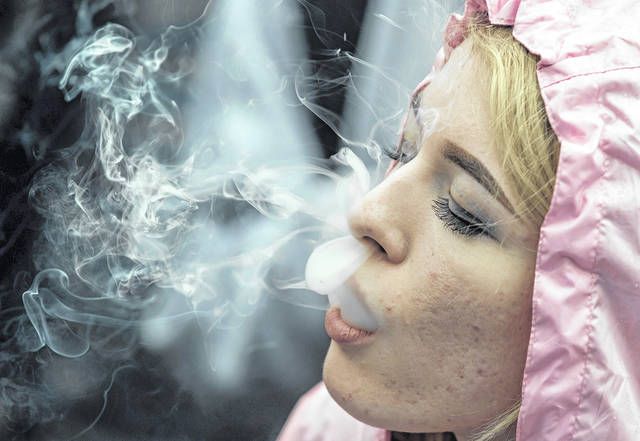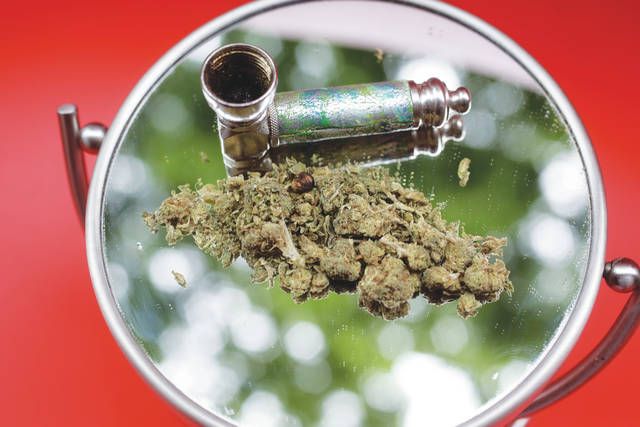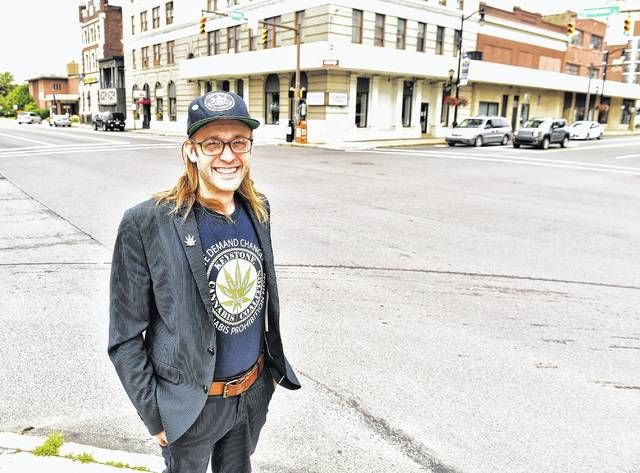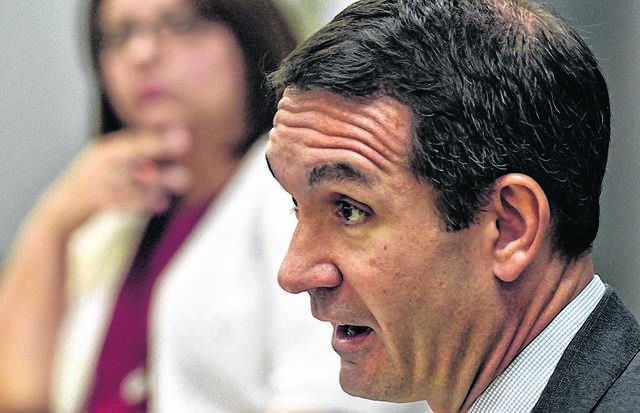Click here to subscribe today or Login.
Gov. Tom Wolf has been a strong advocate for Pennsylvania’s medical marijuana program, which he signed into law in 2012.
When new U.S. Attorney General Jeff Sessions, a vehement opponent of legalization, began talking about a crackdown on medical marijuana users last year — cannabis remains illegal under federal law, which lists it as a Schedule I drug — Wolf quickly spoke out against any such move.
Where does the governor stand on legalizing recreational marijuana?
“Gov. Wolf’s focus continues to be maximizing the impact, benefits and accessibility of Pennsylvania’s medical marijuana program for patients,” spokesman J.J. Abbott told the Times Leader last week when asked about his boss’s view on legalizing medical marijuana.
“The administration just recently approved recommendations to expand the program to cover more conditions, improve accessibility by allowing the sale of dry leaf, and allowing new permits for more dispensaries and growers/processors,” Abbott continued.
OK, but what about recreational pot?
“Gov. Wolf continues to support statewide decriminalization of small amounts of marijuana, as well, to keep low-level marijuana users out of the criminal justice system,” Abbott said.
That’s not an uncommon approach.
While nine states plus the District of Columbia have legalized recreational possession, 12 other states have decriminalized it, typically for small amounts.
That’s also the approach taken by some cities around the country, including here in Pennsylvania: Philadelphia, Pittsburgh, Erie, Harrisburg, York, State College, Allentown and Bethlehem.
Legislators’ thoughts
The Times Leader also reached out to the region’s sitting state lawmakers last week to see where they stand.
• State. Sen. Lisa Baker, R-Lehman Twp., said: “It strikes me as the wrong time to be considering legalizing recreational marijuana.”
Because medical marijuana is still being implemented, “we lack the body of research and experience on which to make informed judgments,” Baker added.
“We are also aggressively overhauling state laws, regulations, and practices to combat the opioid crisis that is devastating communities. It seems to send a very conflicting public message to curtail one set of substances while moving to legalize another,” Baker said. “If at some point the federal government removes marijuana from the list of controlled substances, then perhaps the issue may be looked at differently.”
• Carly Simpson, spokesperson for state Sen. John Yudichak, D-Plymouth Township, said: “We will not be commenting at this time.”
• The following state representatives did not respond: Gerald Mullery, D-Newport Township; Tarah Toohil, R-Butler Township; Mike Carroll, D-Avoca; Aaron Kaufer, R-Kingston; Karen Boback, R-Harveys Lake; Eddie Day Pashinski, D-Wilkes-Barre.
Legislative progress?
Les Stark, executive director of the Keystone Cannabis Coalition, advocates for full legalization and believes public attitudes are trending in that direction. He acknowledges that lawmakers may not feel a sense of urgency on the issue, however.
That doesn’t mean there isn’t any work being done: Two decriminalization bills, House Bill 195 and House Bill 928, have been proposed, Stark said.
Both seem to have been languishing before the House Judiciary Committee since last year, however.
Democratic-backed HB195 was introduced by state Rep. Ed Gainey, D-Allegheny County. It was referred to Judiciary in February 2017, General Assembly records show.
HB928, on the other hand, has bipartisan support, Stark noted. Its prime sponsor was state Rep. Barry Jozwiak, R-Berks County, a former state trooper and Berks County Sheriff. Two Wyoming Valley lawmakers also lent support, according to General Assembly records: Reps. Gerald Mullery, D-Newport Township, and Aaron Kaufer, R-Kingston.
Both bills would turn the misdemeanor possession offenses into a summary offense. In HB928, with each case of possession, the consequences go up with fines, and eventually a misdemeanor offense.
HB928 has been pushed through the judiciary committee, where it now sits waiting on committee chair, Rep. Ron Marsico, R-Dauphin County.
Still, General Assembly records suggest its last movement was in May 2017.
In the meanwhile, Stark said his Coalition will continue working with individual cities on decriminalization ordinances.
Federal lawmakers
Because full decriminalization is ultimately in federal hands, the Times Leader also reached out to the region’s congressional delegation:
• U.S. Rep Matt Cartwright, D-Moosic, did not respond.
• U.S. Sen. Pat Toomey, R-Lehigh Valley: Steve Kelly, Toomey’s spokesman, said: “Senator Toomey’s view is that if there are chemical compounds in marijuana that are proven to be medically useful and helpful to people, then, by all means, they should be available to people.
“He does not support the recreational use of marijuana.”
• U.S. Sen. Bob Casey, D-Scranton: “I support ensuring that patients have access to medical marijuana.
“I’m also in favor of reforms that would change the way marijuana is classified by the federal government so that additional research can be conducted, with the goal of ensuring patients have access to safe and effective products.
“States and local communities should have the flexibility to determine what marijuana policies work best for their communities.”
• U.S. Rep. Lou Barletta, R-Hazleton: “As the former mayor of Hazleton, I witnessed firsthand the problems associated with illegal drugs of all kinds, and therefore do not support the legalization of marijuana,” Barletta said.
“However, I remain open to certain strictly medicinal uses, such as liquid forms of cannabis. If people can be helped safely, it ought to be an option,” he added.
EDITOR’S NOTE: This is the second of an occasional series on the push for recreational marijuana legalization in Pennsylvania. It kicked off with four days of coverage that looked at the regulatory, financial, legal and health issues under discussion in Harrisburg and elsewhere.
